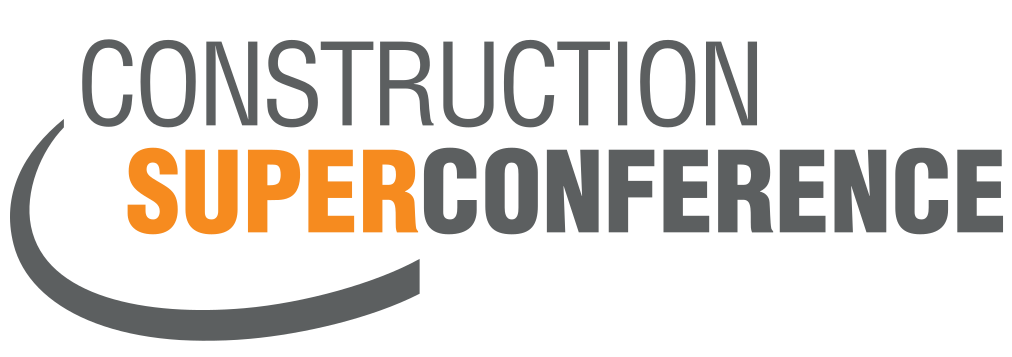The executive branch not the legislative branch now creates most new federal laws.
Two lengthy New York Times articles reprinted in the August 14, 2016, edition of the Santa Fe New Mexican discuss President Obama’s use of executive authority to enact hundreds of regulations that affect almost every aspect of American life.
According to the Times reporters, Binyamin Appelbaum, and Michael D. Shear, the President, who was at first hesitant to act unilaterally, eventually decided that cooperating with Congress was impossible.
This has had a profound effect upon the construction industry. It is probably accurate to assert that most contractors, like other business leaders, find the ever increasing weight of federal regulations onerous. Compliance costs money, often considerable sums of money, and reduces profit.
On the other hand, most reasonable people would agree, or at least begrudgingly, concede, that many of the new regulations have benefited American workers and the general public. This is especially true of worker safety and environmental regulations.
What is most disturbing to many people, including construction industry executives, is the inescapable fact that creating new laws by executive decree bypasses the legislative process established by the Constitution.
What or who is to blame for this situation? The answer to that question is obvious.
At this point the more pertinent question for the construction industry is—how do we adjust to this evolving regulatory reality?
With Congress on the sidelines, regulatory agencies such as the EPA, the NLRB, and OSHA draft new regulations which trigger a review process that provides any interested party with the opportunity to comment on the proposed regulation.
These reviews take time, during which contractors remain uncertain about exactly what the “final” regulations will require.
Often the discussion about proposed regulations continues in the courts adding even more time to the review process.
Although various regulatory agencies have made genuine efforts to make the process faster and more open we are still burdened with an extraordinarily wasteful and unwieldy procedure.
Can we in the construction industry do anything to remedy this situation?
In some instances, most notably in dealing with local issues, construction industry representatives meet directly with environmental or labor leaders and work out compromises which they then insist elected officials pass into law.
Could this be done effectively on the national level? Is this a good idea? Good questions. Tough questions.
What is clear is that leaders in both industry and public advocacy must devise a method to move beyond the current quasi-legislative process. If they don’t, then in all probability no one will.
Sources—
Obama’s embrace of executive authority to shape legacy, Binyamin Appelbaum and Michael D. Shear, The New York Times reprinted in the Santa Fe New Mexican, August 14, 2016.
Hundreds of decisions impact American life without Congress, Michael D. Shear, The New York Times reprinted in the Santa Fe New Mexican, August 14, 2016.


